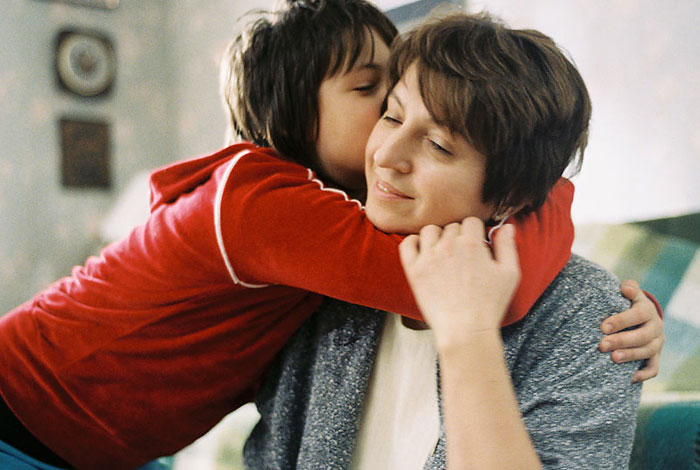
WAR TABOO AND INJURIES: HOW A MOVIE CHANGED THE DESTINY OF MANY
Cultural initiatives in and of themselves cannot solve deeply-rooted conflicts or reconcile warring parties. Yet, when such initiatives are a part of wise policies, they can provoke enormous changes. As long as there is a political will to seek compromises, culture can help a society ruined by war to recover from its traumatic experience and can facilitate reconciliation and its restoration of trust.
Cultural process participants, educational institutions, and mass media may glorify everything that happened during a war and enthusiastically compose war myths, thus extending people’s suffering. That being said, they also have the ability to help the society overcome the brutality it has had to experience. In post-war Bosnia and Herzegovina war victims have often been used for political purposes as a terrible reminder of the conflict. However, at the same time the government has not provided those individuals with proper protection. The fates of the women who were raped or underwent torture during the war have been ignored for a long time, and society as a whole regarded the entire subject as a frightful taboo. Then, suddenly, in 2006 the movie Grbavica by Bosnian movie director Jasmila Žbanić was released. This very movie that has won numerous international awards has been able to destroy the wall of silence built around the painful issue. The director spend many years in Sarajevo, shooting documentaries about war, about how it affected people’s futures, and how those people endeavoured to return to normal life.
The movie is about the relationship between a Bosnian woman raped during the war and her teenage daughter living in post-war Sarajevo. The mother has to compose legends for the daughter about her father, because she cannot confess that she became pregnant in a military camp as a result of sexual assault. The movie shows how war injuries influence individuals, and how social taboos aggravate such injuries, preventing people from addressing and overcoming them.
More 100,000 people in Bosnia have seen the movie. Its release was accompanied with campaigns arranged by local and international non-governmental female rights organizations. Although the movie has never been shown in the Serb Republic, in the middle of 2006 the Bosnian Parliament resolved that women who had been assaulted had to be legally acknowledged as war victims and receive the same compensation as men who fought in the war.




